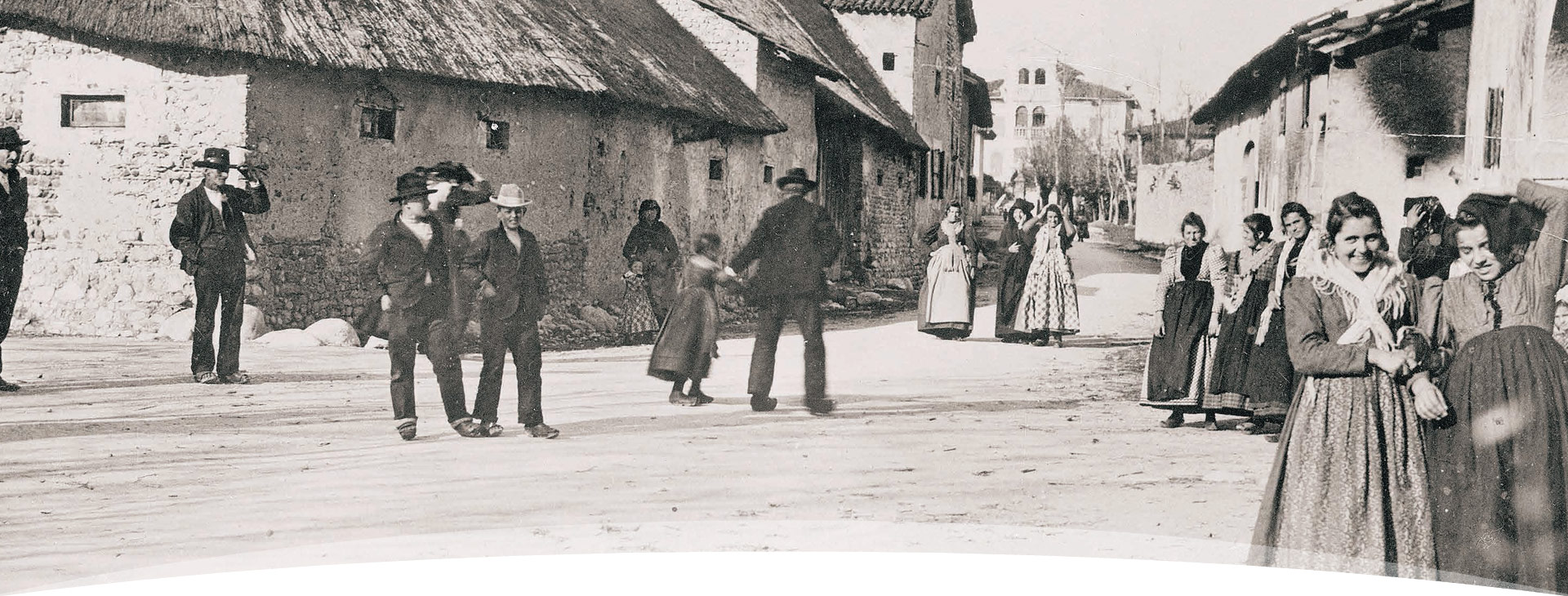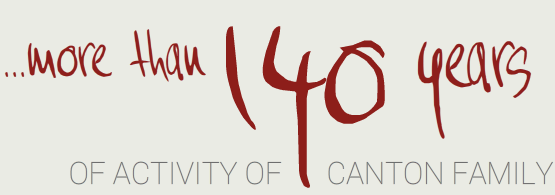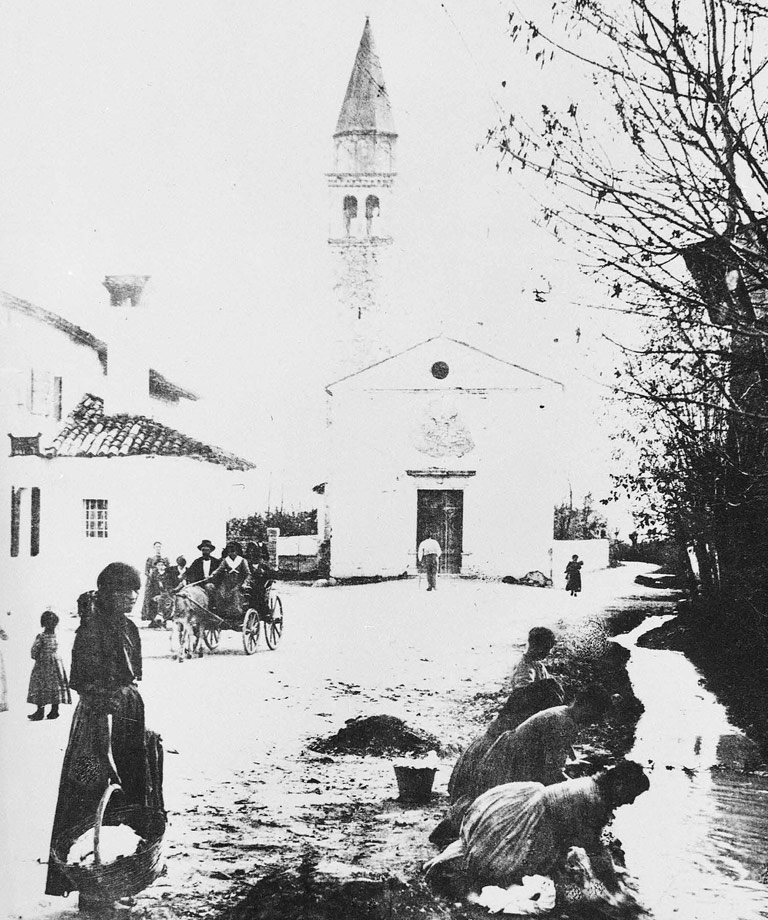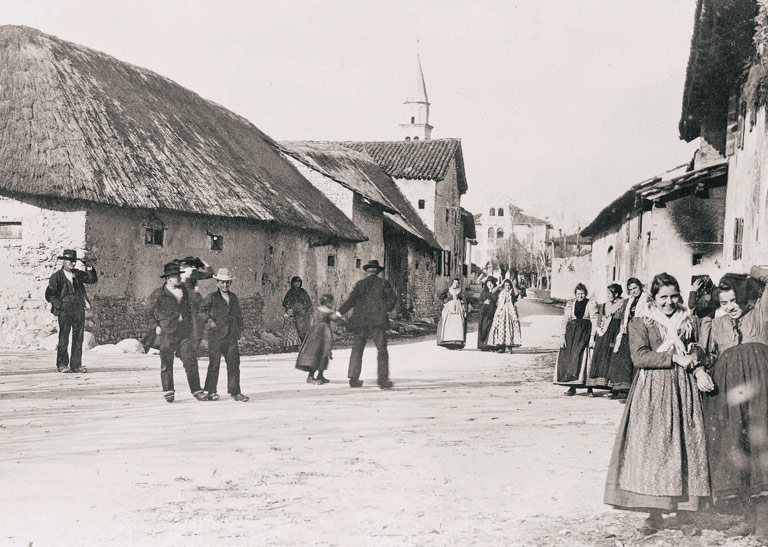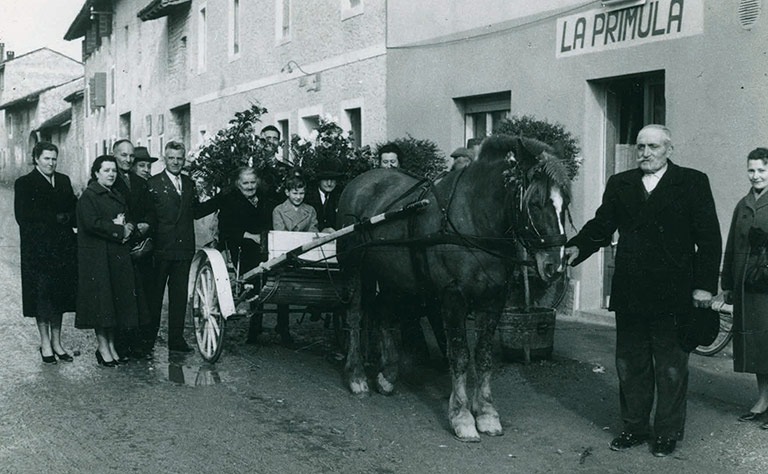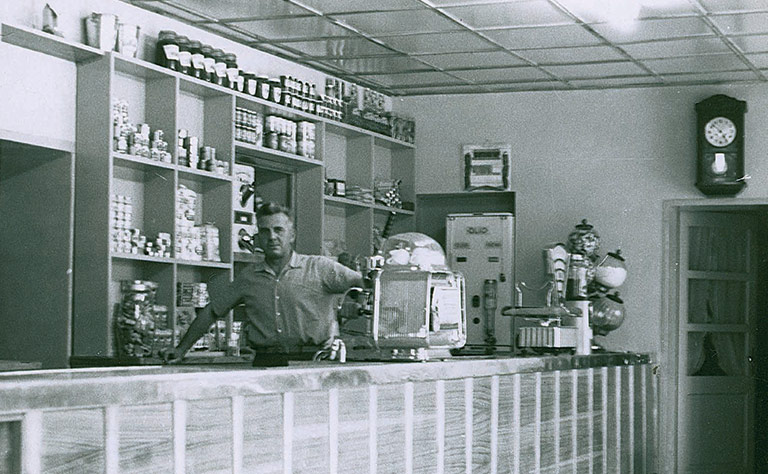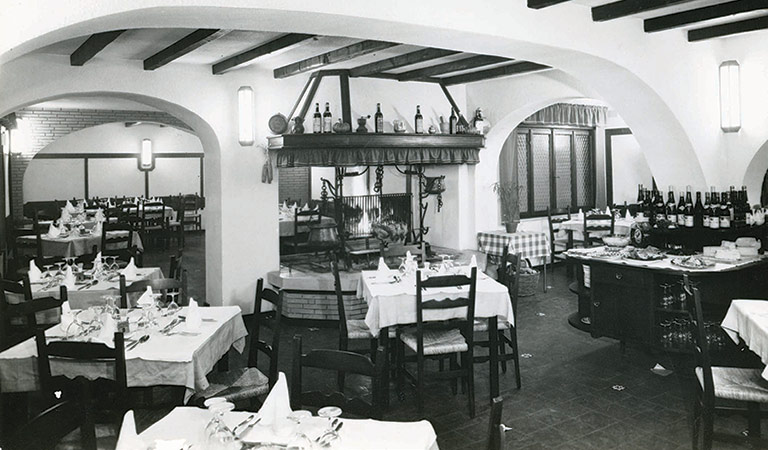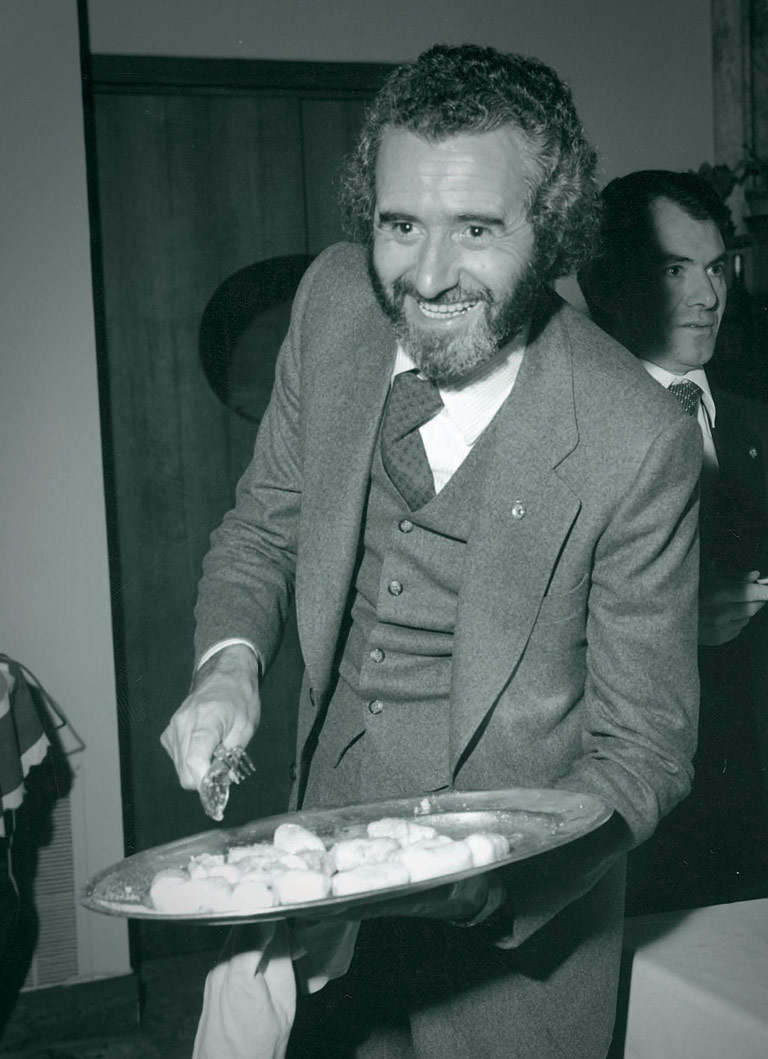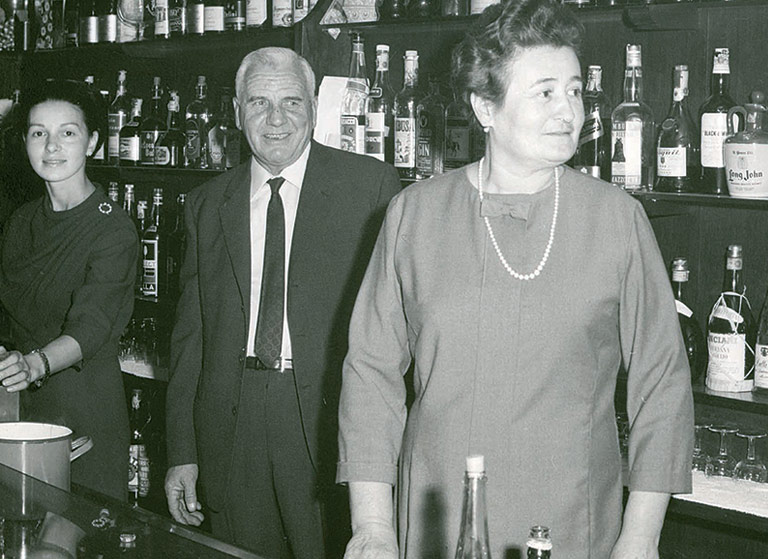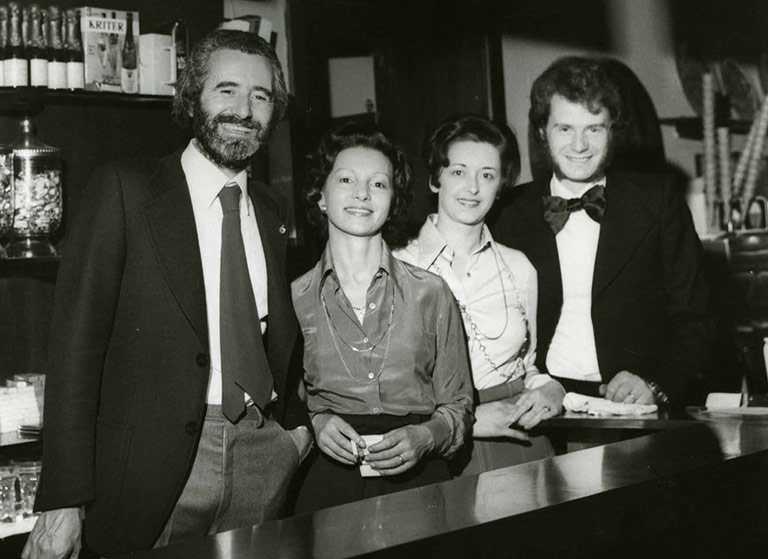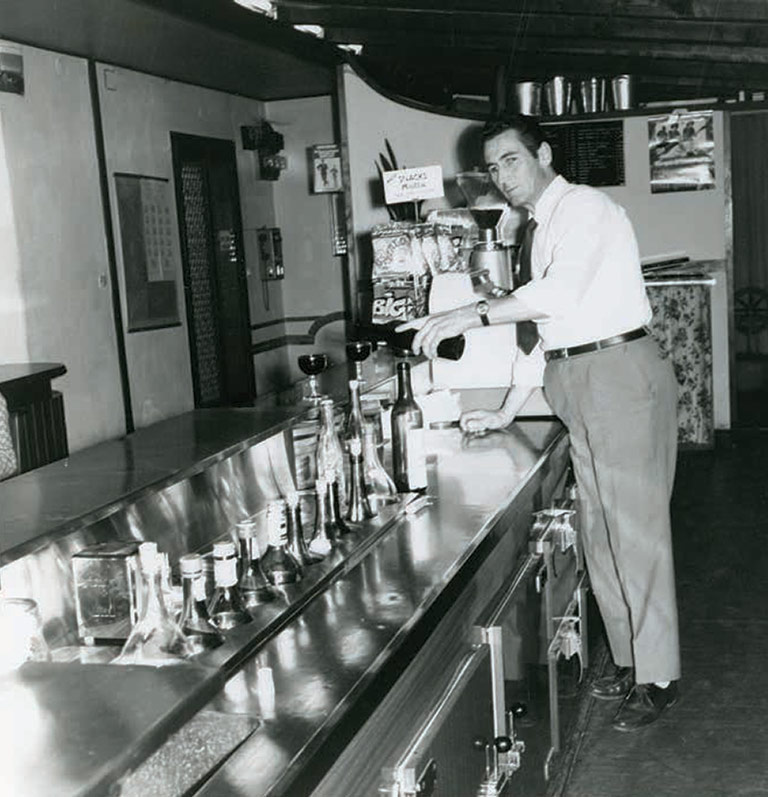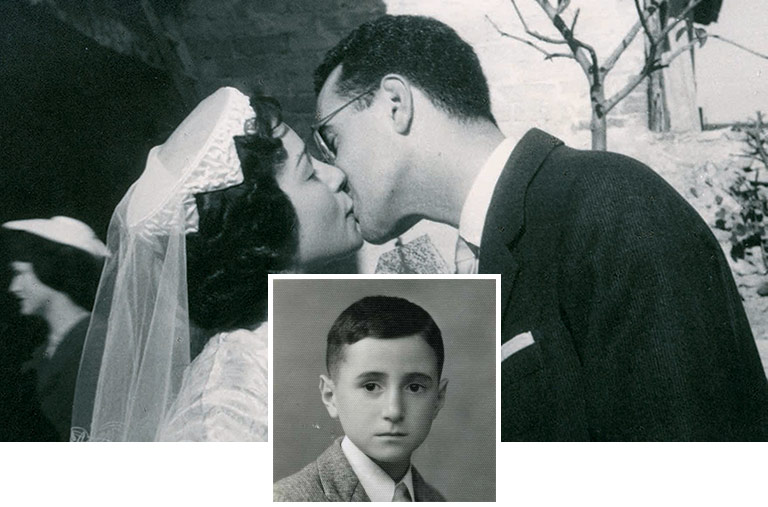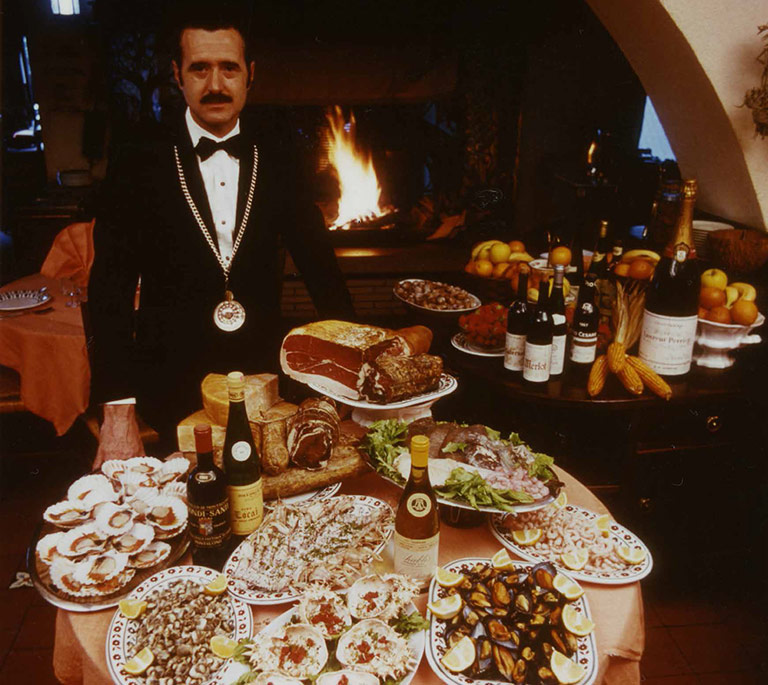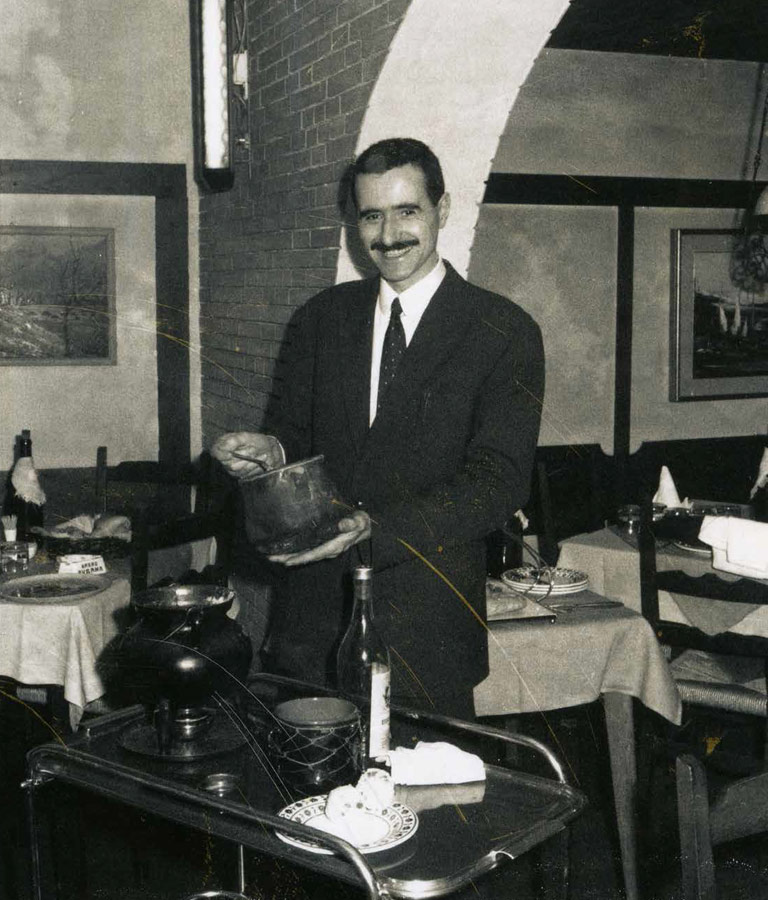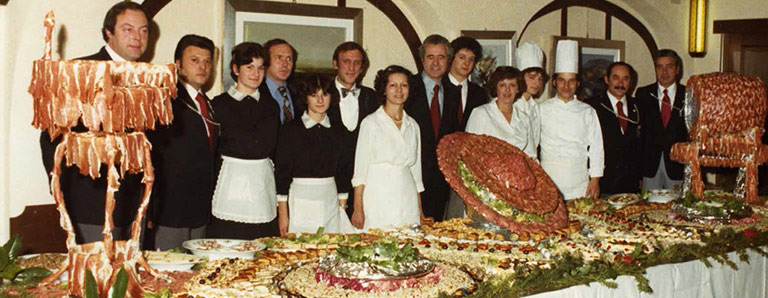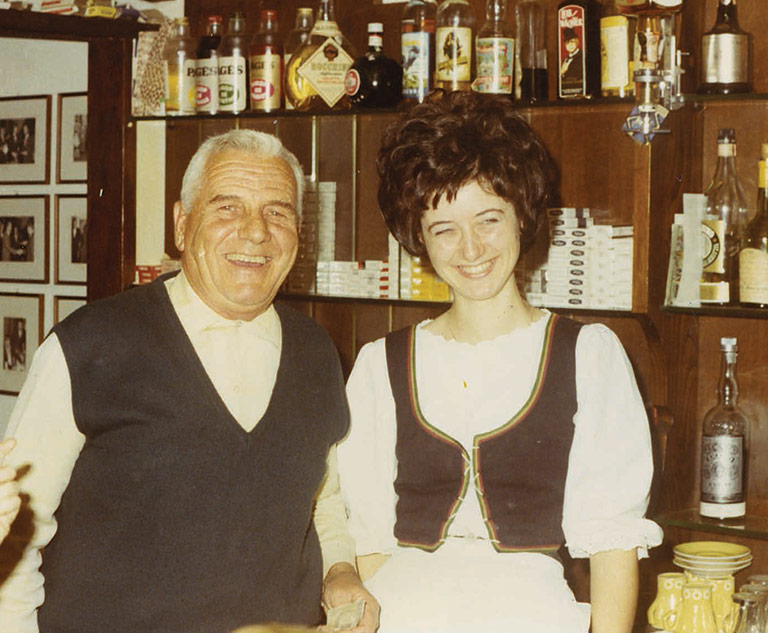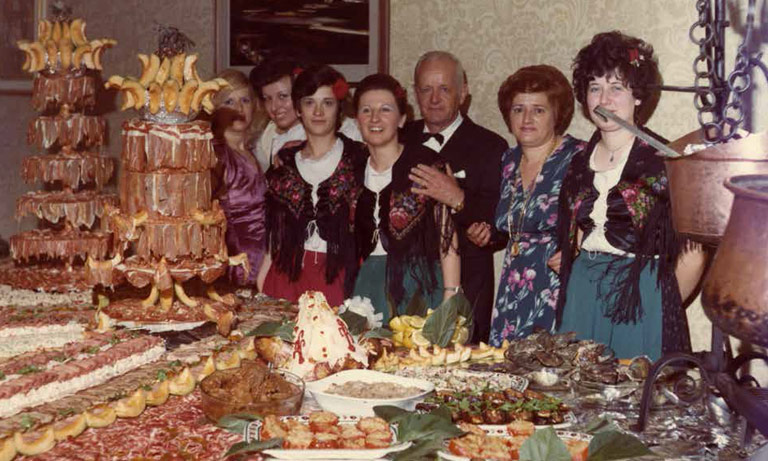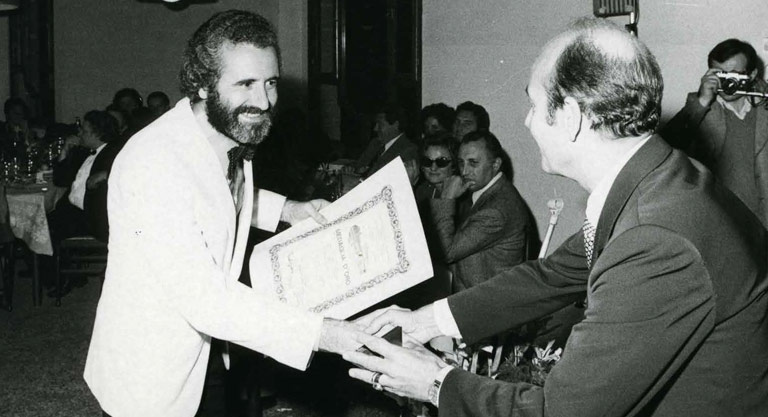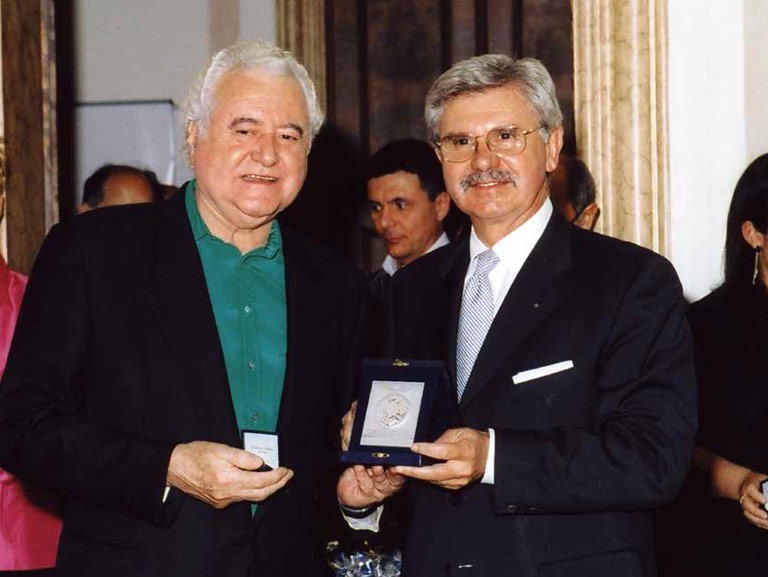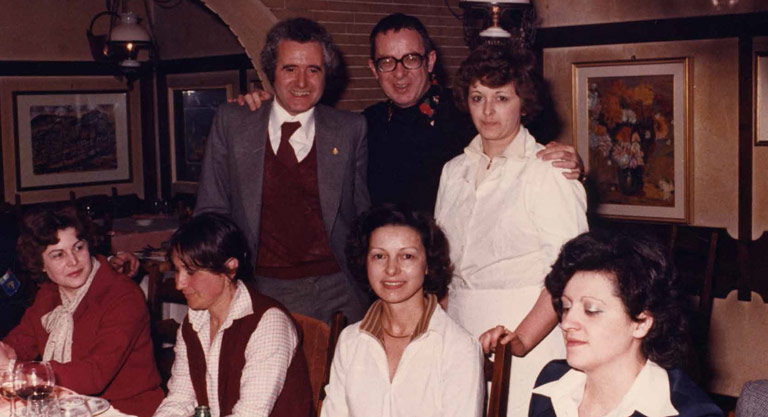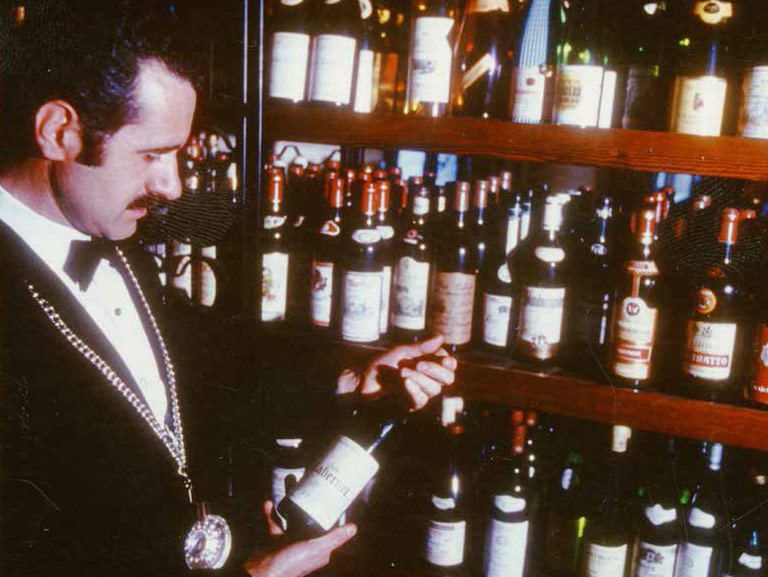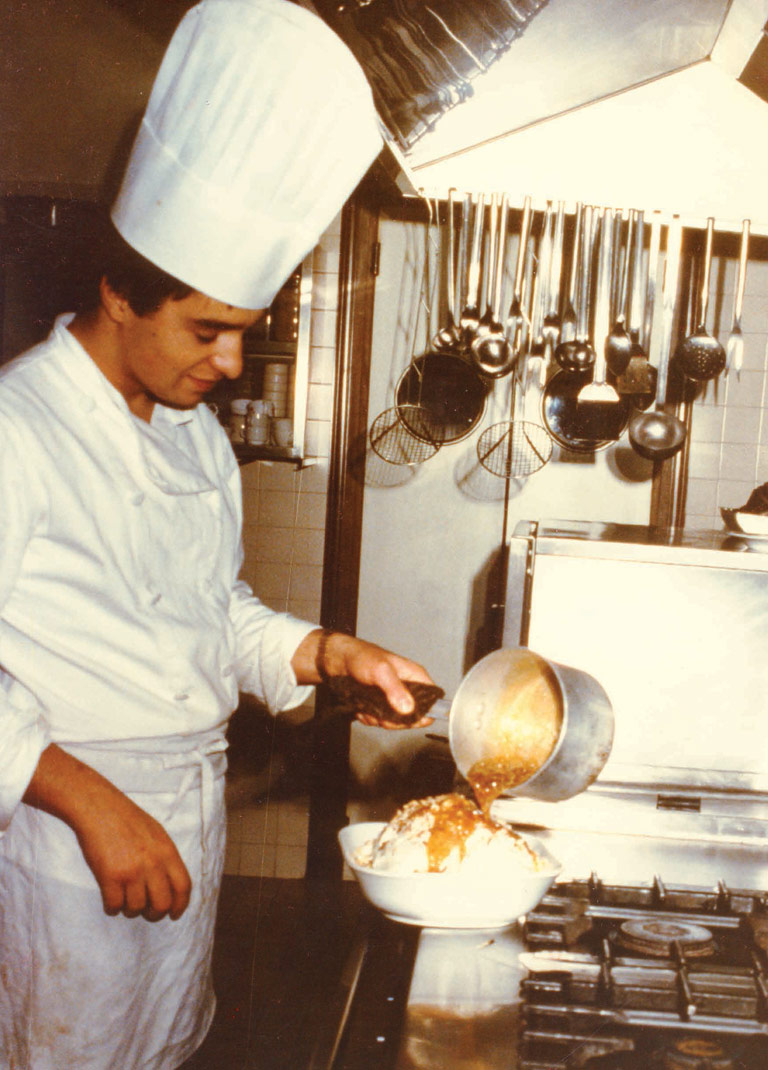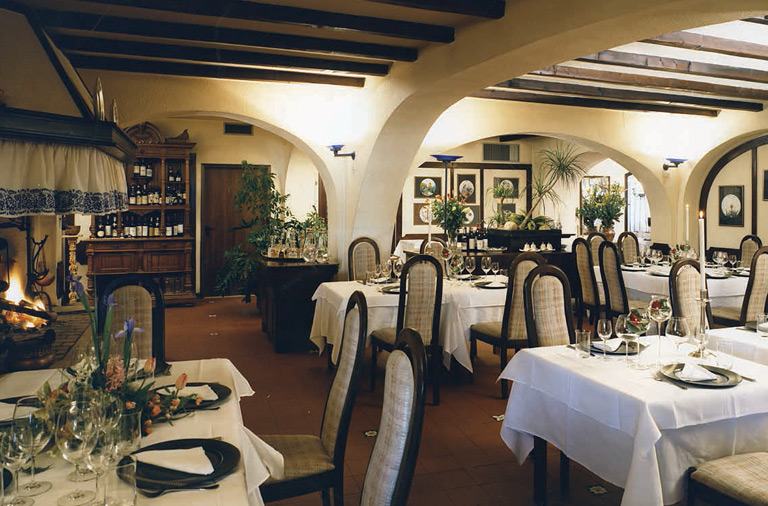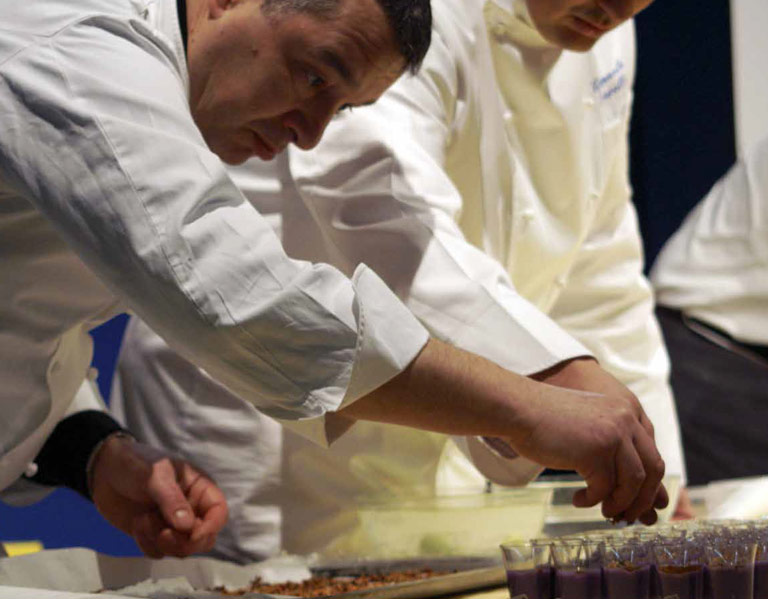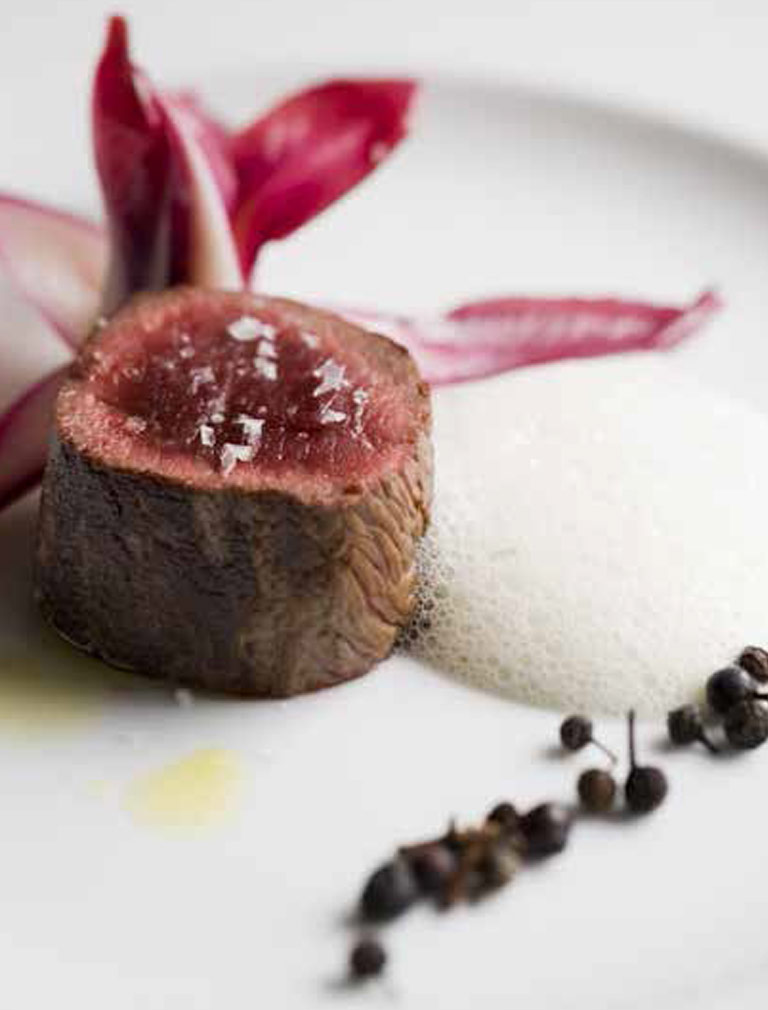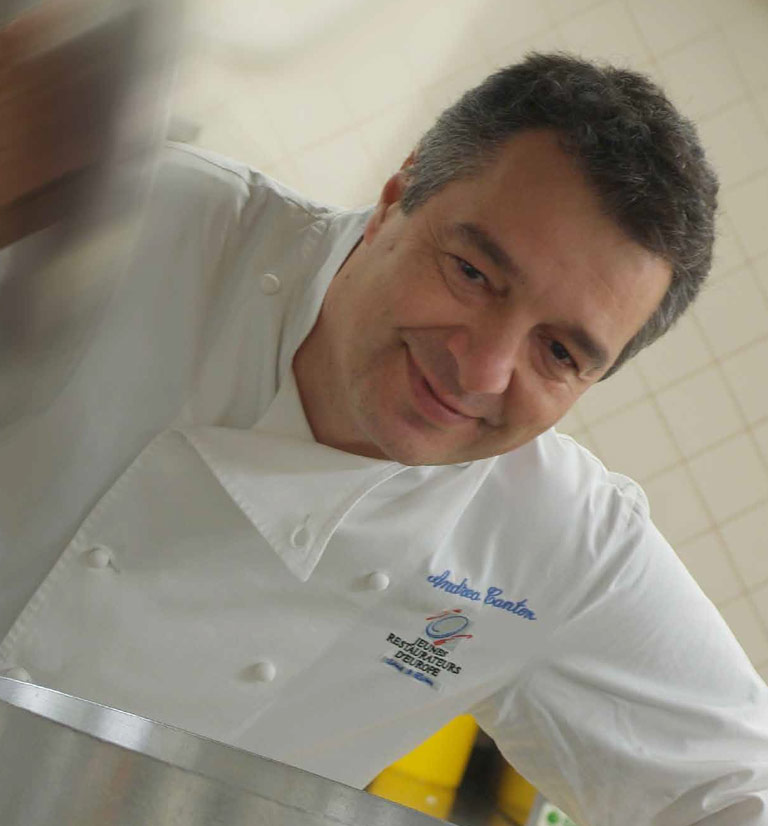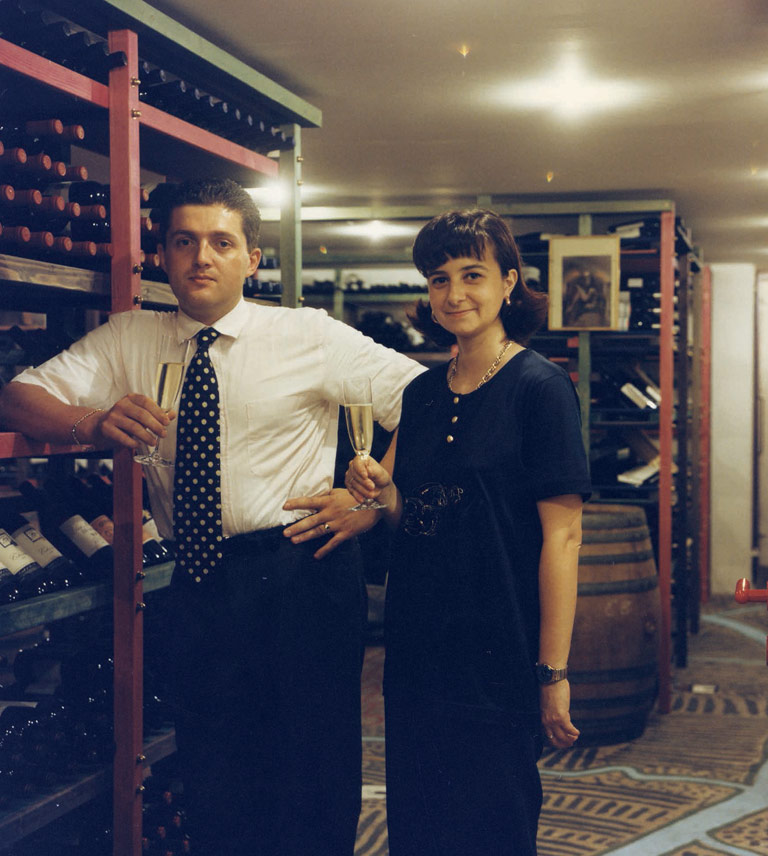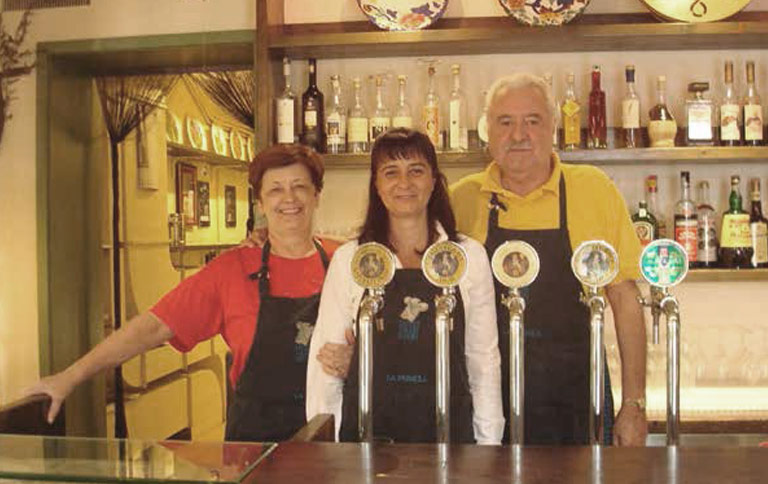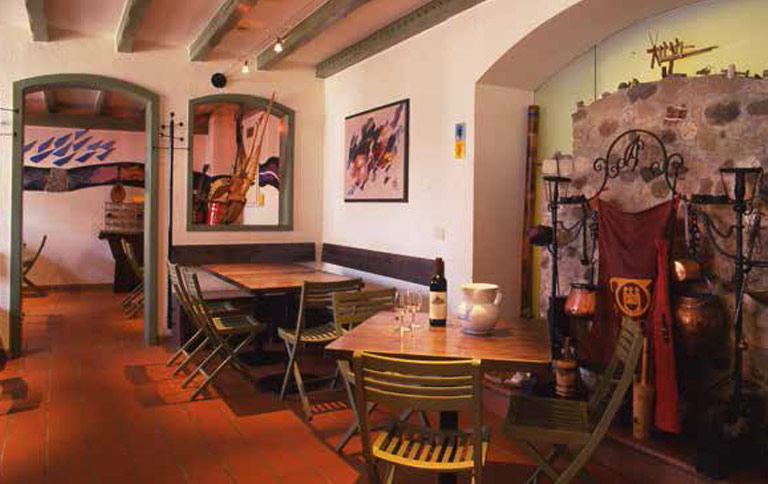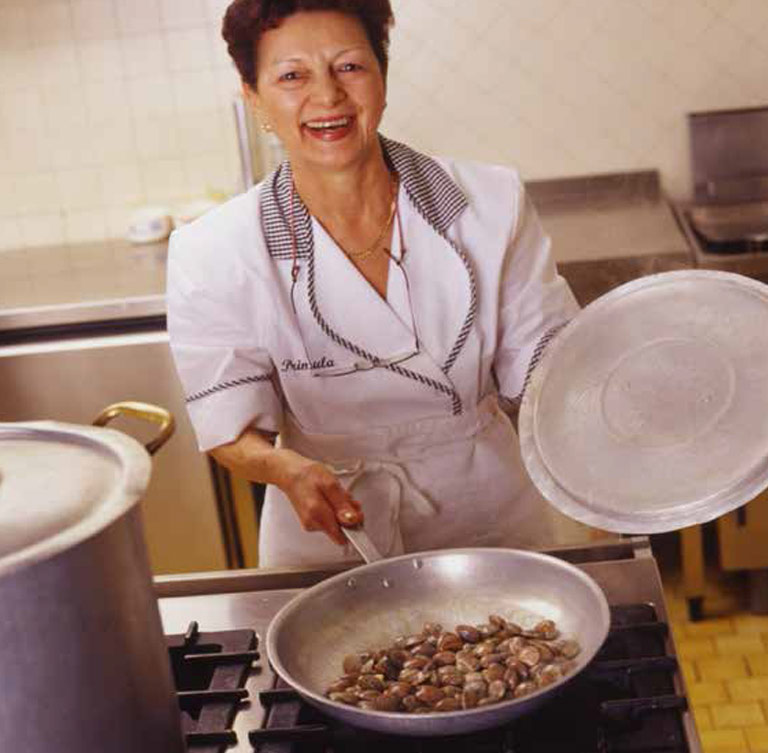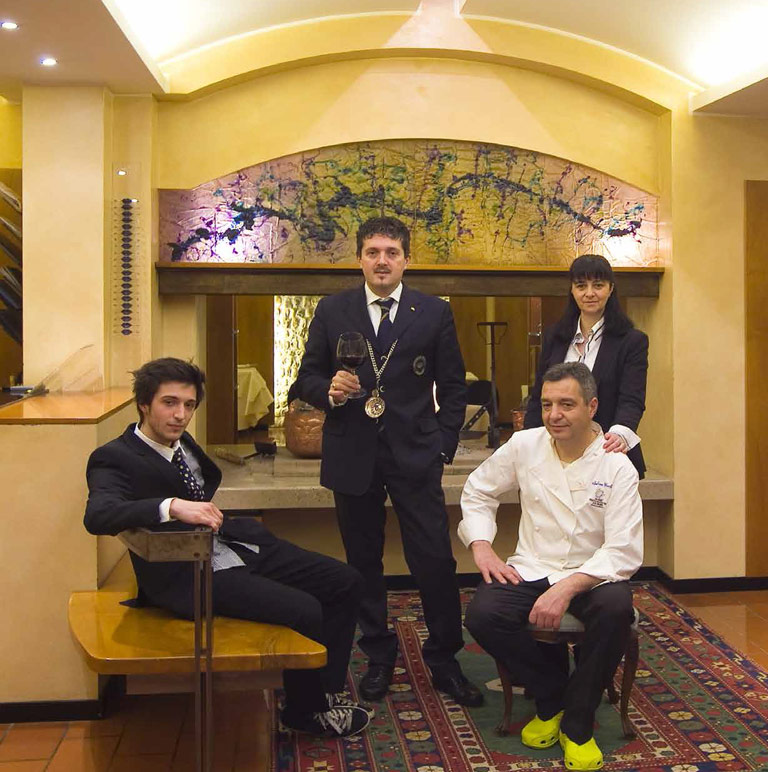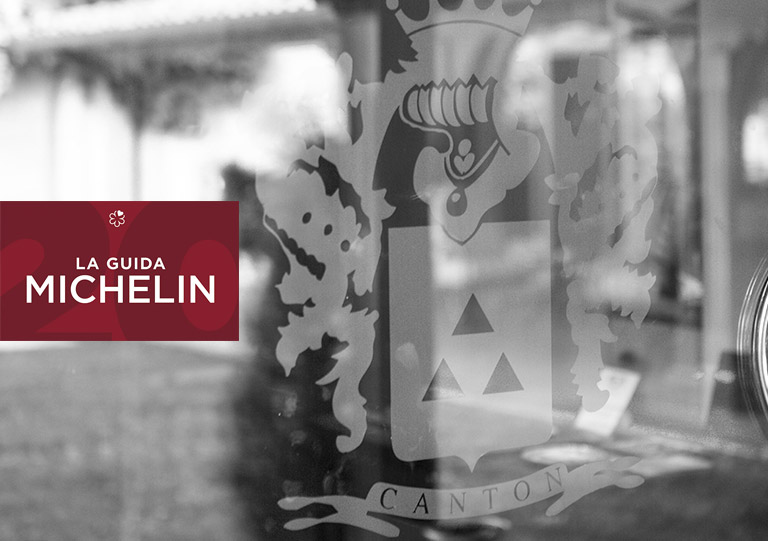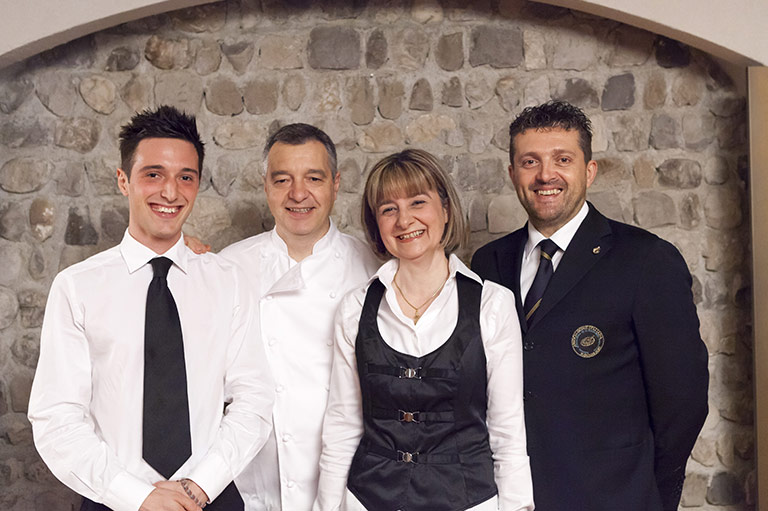The great final of this saga will continue, unlike the shows on which at some tip the curtain falls, bears the signature, the name, the hand of Andrea Canton who was able to interpret, collect, distill, harmonize the spirit of places, of things, of natural resources in beautiful dishes that you can also eat and taste better with a clever combination of excellent wines wisely selected and proposed by Pier. The dozens of restaurant guides the countless articles and the traveler reviews on the internet tell better than I the greedy side of this beautiful story. Certainly with a little 'of emphasis but with serene conviction that we think for its 140th anniversary The Primula deserves recognition of PATRIMONIO DEL FRIULI.
CONCLUSION
OUT OF THE SACK
Can you draw a moral, a conclusion, from this history of La Primula, of Canton family, of San Quirino? Better saga than history, in the style of the northern European literature, Gosta Berling or Buddenbrooks. A little legend, some memories that you don’t know if they are real living facts or because you have been told long ago, a bit of truth, some voices of the people, Vulgate, gossip. A real history of Friuli, of facts, of words, of silences. Worth more doing than saying. Entrepreneurship, courage, but also selfishness. Sacrifices, work, and still work. The territory, Magredi, stones, and the claps (stone in Friulian) that are everywhere. Lying, stacked, aligned, built in beautiful walls of solid and spartan houses, but especially in the arms, legs, heads of these people who have absorbed all from the territory, only apparently ungrateful. Everyone has played their role in the comedy according to a script already written in the DNA of everyone. Even those who have left, were part of the grand plan. How can I do, God, to reach Heaven? Jesus responds: leave everything and come with me. But that one goes away, because it had great possessions. So Paolo takes other roads as then also Sandro will do. You must have a fire inside to achieve great things and always fight. This is the example of this great family, the oldest in Friuli to manage continuously for 140 years a local, and at what levels in the last 40 years. An example for all, for the townspeople, for the area, for the wine and food sector, but also for them. They owe a lot to the town, which has encouraged them to challenge even the Gospel because nobody is a prophet in his own land, the traditions of this rugged and beautiful land, the rustic and strong flavours but also various and delicate.
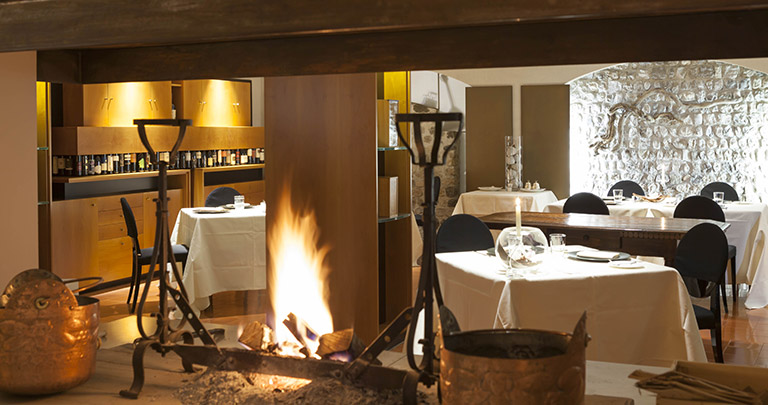
The great final of this saga will continue, unlike the shows on which at some tip the curtain falls, bears the signature, the name, the hand of Andrea Canton who was able to interpret, collect, distill, harmonize the spirit of places, of things, of natural resources in beautiful dishes that you can also eat and taste better with a clever combination of excellent wines wisely selected and proposed by Pier. The dozens of restaurant guides the countless articles and the traveler reviews on the internet tell better than I the greedy side of this beautiful story. Certainly with a little 'of emphasis but with serene conviction that we think for its 140th anniversary The Primula deserves recognition of PATRIMONIO DEL FRIULI.
